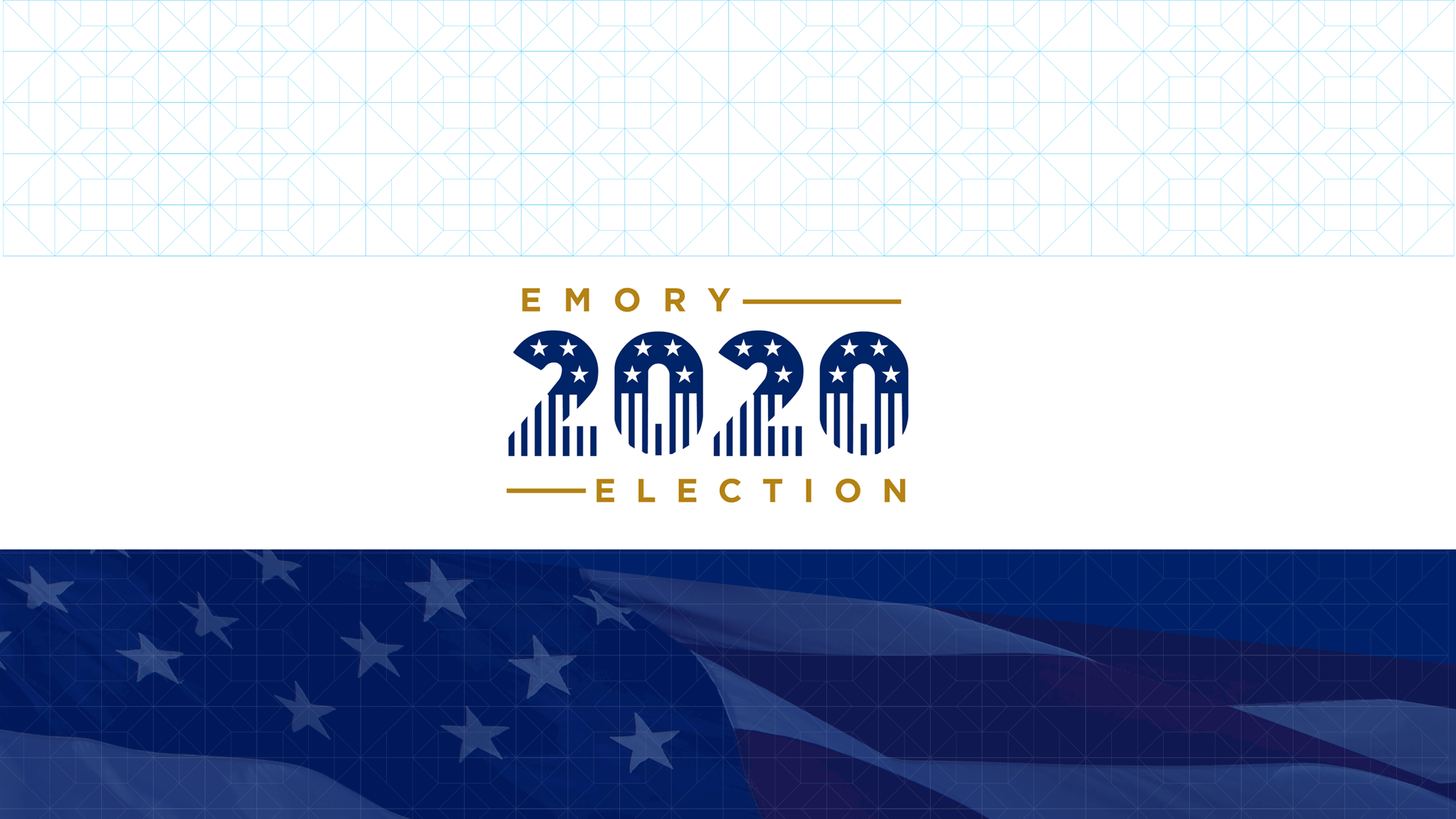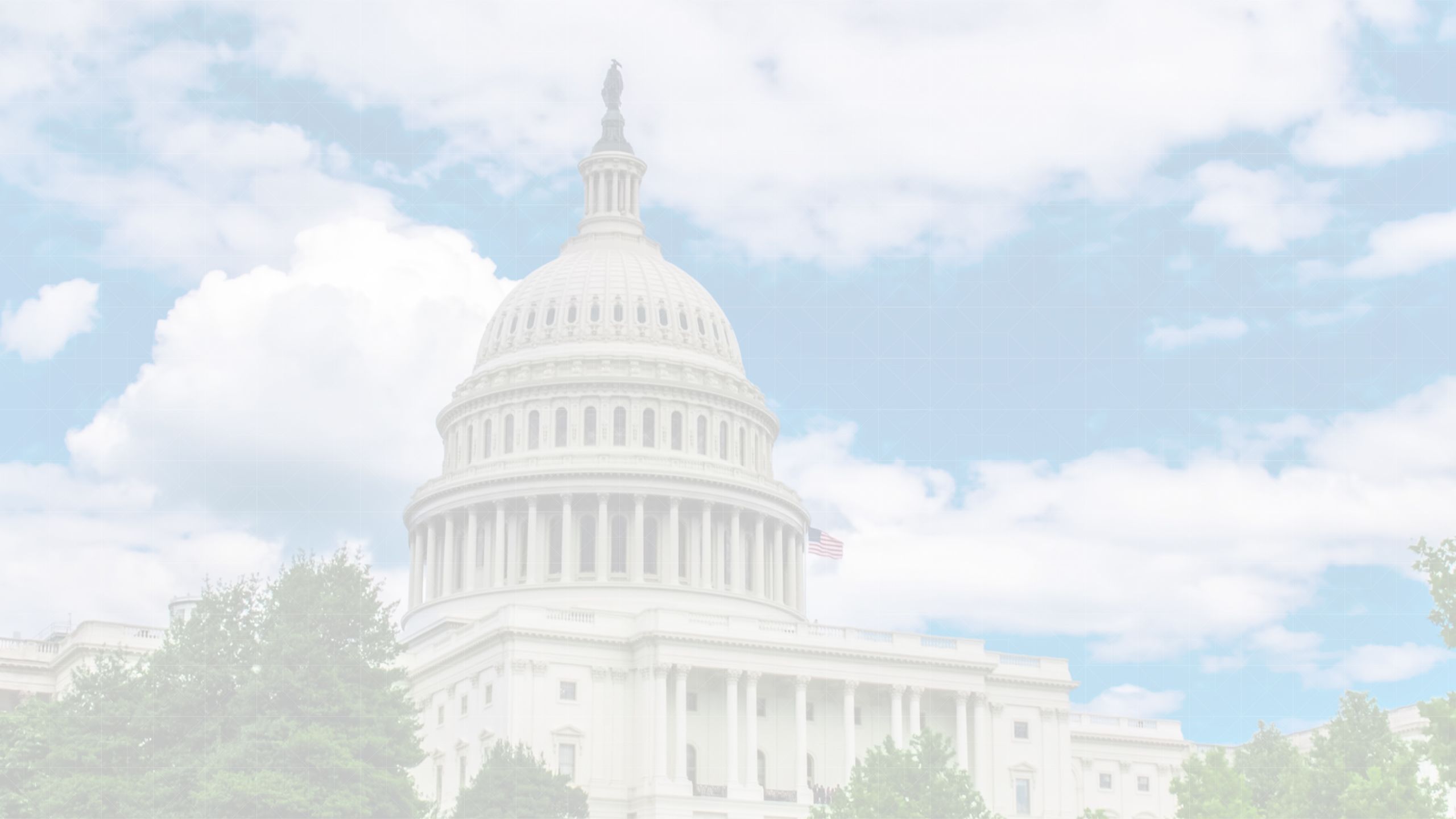

ALAN ABRAMOWITZ, Alben W. Barkley Professor of Political Science, Emory College of Arts and Sciences
A global pandemic. A major economic recession. Campaign strategies scuttled. For many reasons, this is a presidential election unlike anything U.S. voters — and candidates — have experienced.
"The level of interest and engagement in the 2020 election is the highest we’ve ever seen,” says Alan Abramowitz. “People believe the stakes involved in this election are particularly high — the outcome will have a huge impact on the history of the country, so they’re more motivated to turn out, despite some of the obstacles.”
In a typical presidential year, Abramowitz weighs such factors as the strength of the nation’s Gross Domestic Product (GDP), the built-in advantages of incumbency, and public approval ratings in his own election predictions.

Alan Abramowitz, Alben W. Barkley Professor of Political Science at Emory College of Arts and Sciences, discusses forecasting election results for the 2020 presidential race.

This year, he says, voters are more likely to tie a steep second-quarter GDP decline to the pandemic than the president. And the advantages an incumbent might normally enjoy also relate to the candidate’s ability to reach beyond their traditional base of support. That’s something the president simply hasn’t done, he adds.
“That first-term incumbent advantage is probably non-existent in 2020,” says Abramowitz. “(President) Trump seems to be basing his strategy almost entirely on appealing to his existing base to maximize turnout.”
That leaves one significant factor: Public approval ratings. When an incumbent seeks a second term, the election offers a referendum on their performance. For voters, that assessment can be a “primary driver” in who they support, carrying even more weight than their feelings about the challenger, he says.
But over the past four years, party polarization in the U.S. has intensified. In fact, recent polling data suggest that Trump may be “the most polarizing president we’ve ever had as far back as we have public opinion data,” Abramowitz says. “The partisan divide is the largest that we’ve ever seen.”
While Trump enjoys approval ratings in the 90 percent range among Republicans, his approval among Democrats consistently runs under 10 percent, Abramowitz notes.
“Today, voters are much less willing to cross party lines to vote for the opposing party, and that includes independents who lean towards a party,” he says.
The movement is in the margins, and Abramowitz sees Democratic presidential nominee Joe Biden gaining critical ground among several key groups, including new and first-time voters, former third-party voters, and a small group of partisan defectors. And early indications foreshadow a record voter turnout, he says.
Alan Abramowitz is the author or co-author of five books including “The Great Alignment: Race, Party Transformation and the Rise of Donald Trump” (2018) and “The Disappearing Center: Engaged Citizens, Polarization and American Democracy” (2010). Learn more about him here.




EMORY VOTES INITIATIVE

Every eligible member of the Emory community is strongly encouraged to make their voice heard by voting in the 2020 general election, no matter where they are learning and working this semester.
To help promote civic engagement, the Emory Votes Initiative (EVI) provides nonpartisan voter information and support for students, faculty and staff members.
Through the EVI website, voters can chart a path to the polls with resources such as TurboVote, which provides election information deadlines and reminders; learn about absentee and vote-by-mail options; and discover digital opportunities for community engagement.
EVI and the Emory Alumni Association are also hosting several opportunities to engage with Emory's election experts. Visit the EVI calendar or the Emory Alumni Association for more information about upcoming events, including an Oct. 29 last-minute analysis with professor Alan Abramowitz and Nov. 5 post-election analysis with professor Andra Gillespie.
To encourage all employees to exercise their right to vote, Emory’s Voting Policy allows up to four hours of paid time for the purpose of voting. Those four hours may be used for either early voting or voting on Nov. 3. Those who intend to use this paid time in order to vote should notify their supervisors in advance.

To learn more about faculty insights related to the 2020 presidential election, visit Emory Election 2020.

NEED TO KNOW MORE?
Please visit Emory University and Emory News Center.

